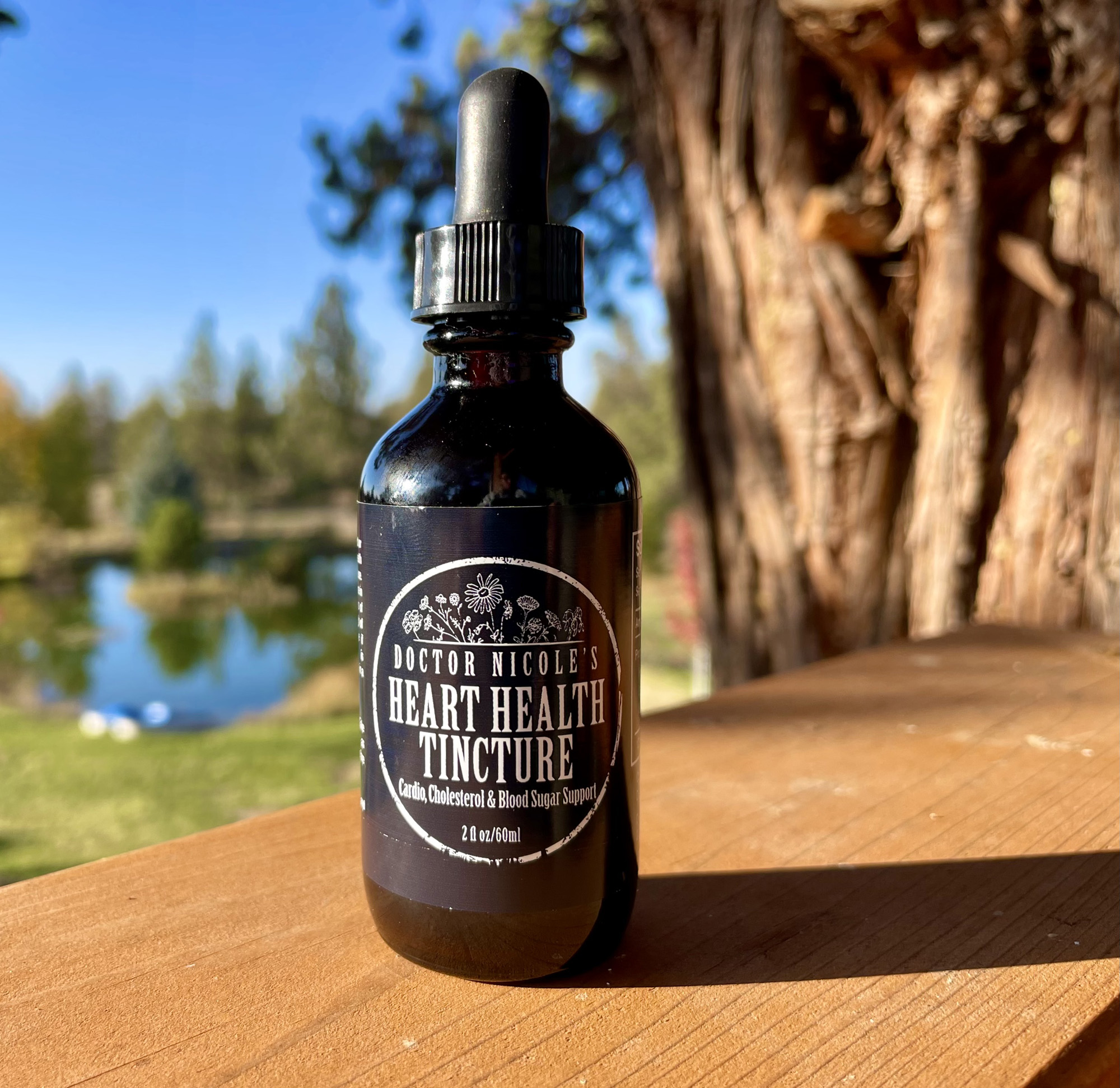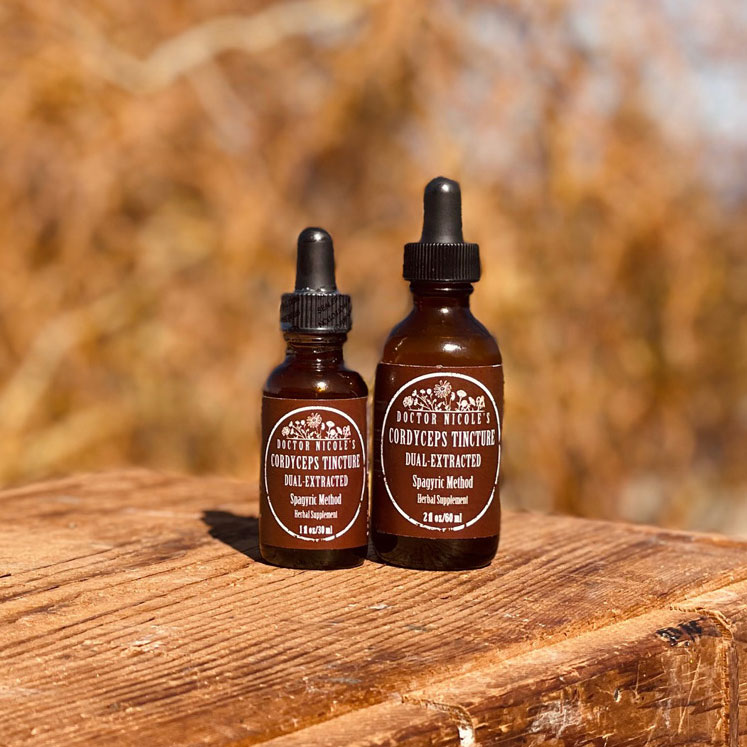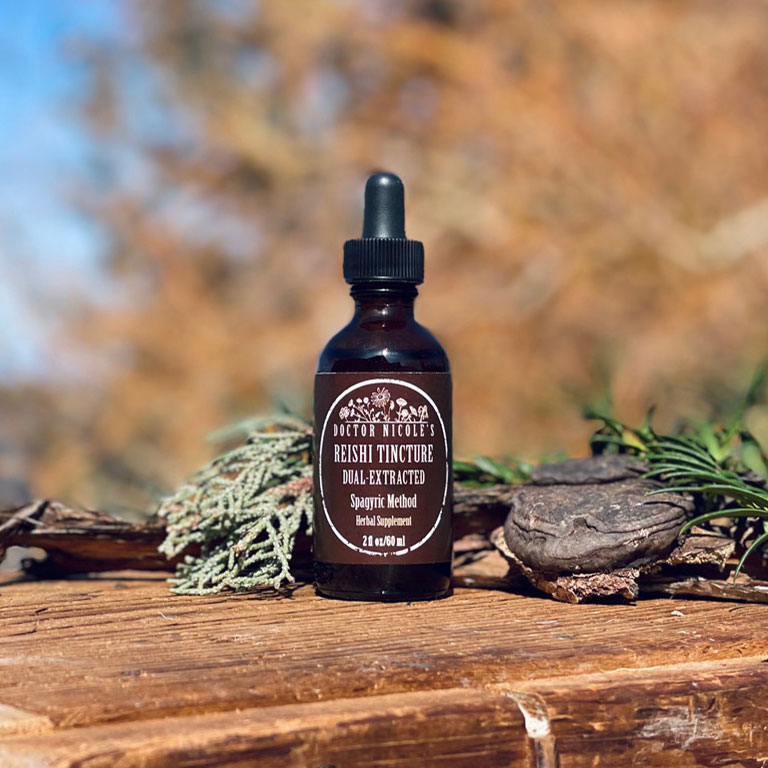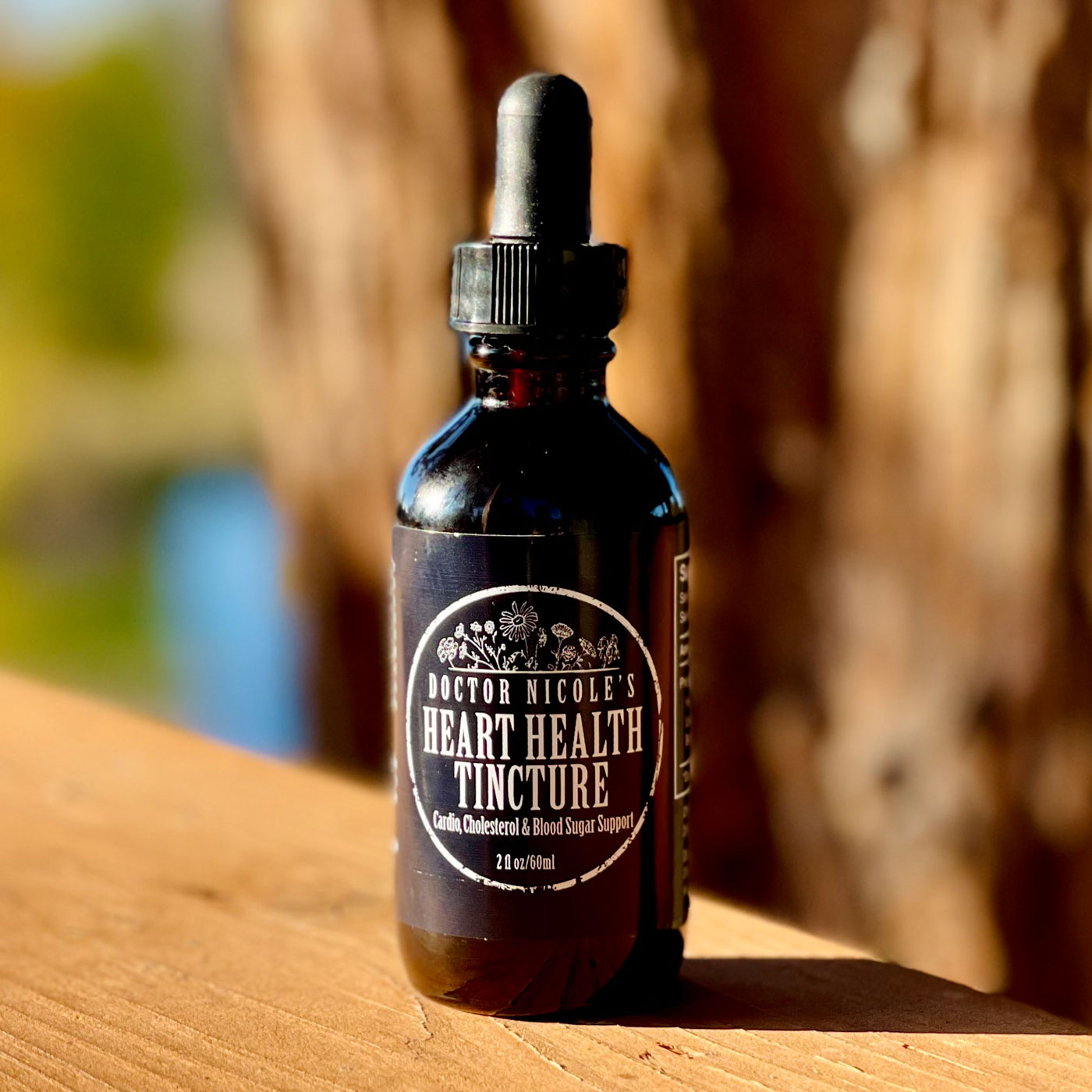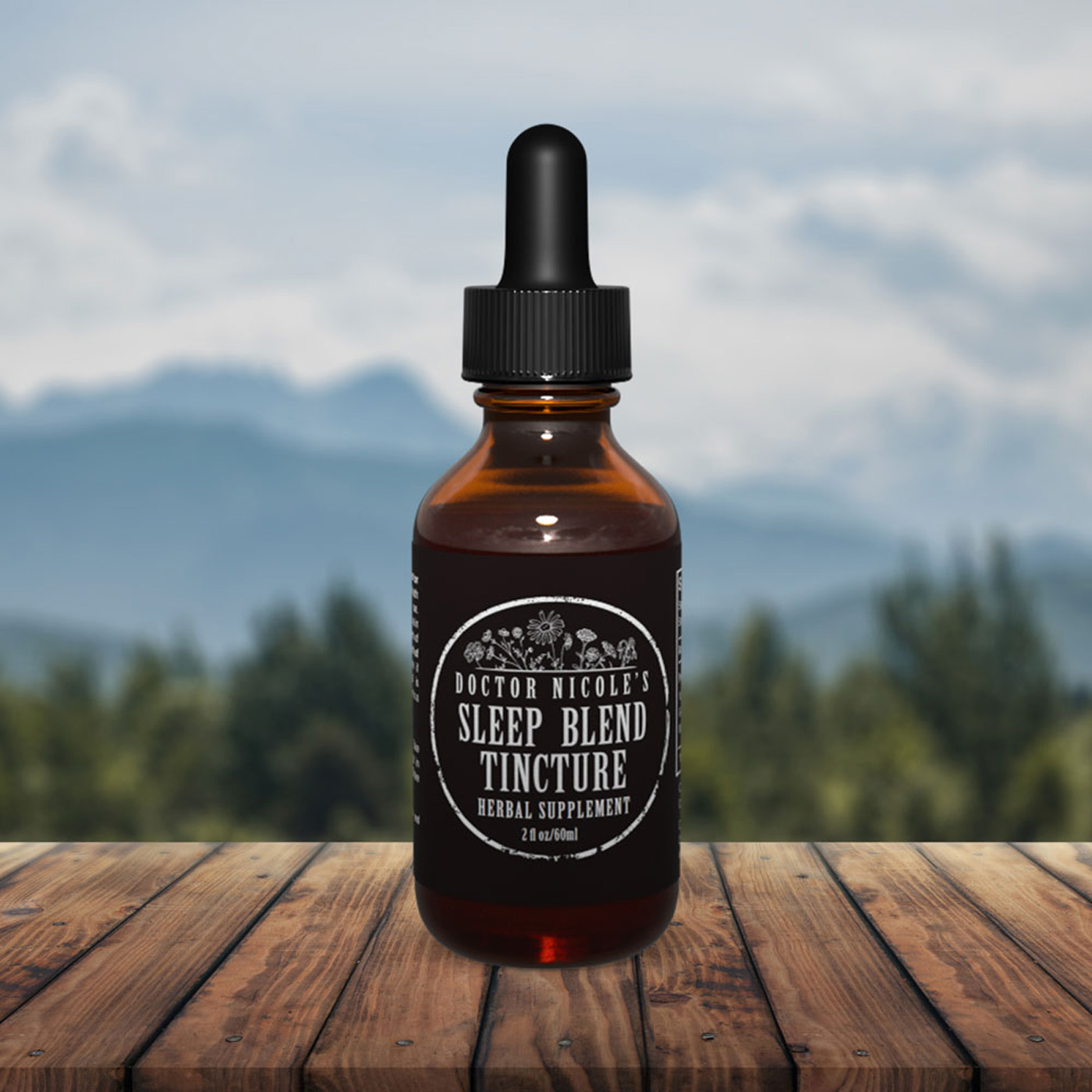What is Cushing Syndrome?
Cushing syndrome, or hypercortisolism, can impact anyone at any time, although it is mainly seen in women between the ages of 30-50 years old. The condition is due to the excess production of cortisol and issues with the normal functioning of the adrenals or pituitary gland. Cushing syndrome impacts around 10-15 million people each year and has far-reaching implications for overall health. It can be difficult to get a proper diagnosis as it mimics so many other conditions. While Cushing disease shares the same symptoms, it has a different cause. Let’s take a closer look at both and the natural remedies that can help.
Symptoms and Causes
One of the most pronounced symptoms of Cushing syndrome is significant weight gain — usually around 55 pounds. Fatty deposits in the face, midsection, and between the shoulders are also common. It is known to cause what is called a “buffalo hump” on the upper back near the neck. Additional symptoms may include stretch marks on the arms, breasts, abdomen, and thighs; thinning skin that bruises easily and is slow to heal from wounds; acne breakouts; fatigue and muscle weakness. Moreover, the following symptoms have also been associated with Cushing syndrome:
- Increased thirst and urination
- Depression, anxiety, and irritability
- Irregular menstrual periods
- Low sex drive
- Abnormal hair growth on the face and body
- Sleep issues
- Water retention and kidney stones
If your Cushing syndrome is caused by the pituitary gland releasing too much adrenocorticotropic hormone (ACTH), which in turn prompts cortisol production by the adrenals, this is classified as Cushing disease. It is typically caused by a pituitary gland or ectopic tumor.
Risk factors for developing Cushing syndrome include:1
- Woman between the ages of 30-50 years old
- Type 2 diabetes
- High blood glucose levels and high blood pressure that are not managed
- Taking glucocorticoids medications, which are similar to cortisol
- Using high doses of steroids as injections
- Chronic stress

Lifestyle and Natural Remedies
How you approach Cushing’s depends on the underlying causes of the disorder. It is also important to address the associated health issues, such as an increased risk of diabetes and high blood sugar, mood disorders, fertility issues, and high blood pressure and cholesterol.
You will need to work with your healthcare practitioner to diagnose Cushing’s and address it accordingly. Many times, the use of steroid medications will be evaluated and possibly reduced or discontinued altogether. If you are diagnosed with Cushing disease, surgery, radiation, and/or medications might be recommended to shrink or remove the tumor. Whichever condition is diagnosed, lifestyle habits and herbal medicines play an important role in managing the disease, symptoms, and associated health conditions.
Lowering your cortisol levels is key. Some of the most effective methods to do this include eating a whole-foods, anti-inflammatory Mediterranean-style diet, being physically active and exercising regularly, and adopting stress-relieving practices such as forgiveness, gratitude journaling, laughter, spending time in nature and even clearing out clutter.
Need a little extra help? Try my Anxiety & Stress Tincture!
Powerful extracts calm the nervous system, improve cognitive function,
and lower inflammation. Visit the apothecary to learn more!
Emphasize foods that are high in omega-3 fatty acids, such as wild-caught salmon and sardines. Not only are they anti-inflammatory, but also help alleviate mood disorders associated with Cushing’s, which include depression, anxiety, and hostility.3,4 Healthy fats found in nuts and seeds, along with olive, coconut, and avocado oils are also important for providing the building blocks for balanced hormone levels.
Adequate B-vitamins are also crucial as they support brain health and energy.5 Good food-based sources are grass-fed beef, wild-caught fish, raw dairy, free-range eggs, brewer’s yeast, and green leafy vegetables. Getting enough protein is also important since it is needed for neurotransmitter function, satiety, and energy.
Moderate exercise will not only help you to reduce stress, it also helps to lower cortisol levels, balance hormones, and keep your weight within a healthy range. What’s more, exercise boosts your resiliency against diabetes, bone loss, cardiovascular disease, and fatigue — all of which are associated with Cushing’s. Just make sure to begin slowly and keep your activities moderate so as not to worsen the condition with strenuous activity that can disrupt hormonal balance, sap your energy, and cause undue physical stress. Walking, swimming, and cycling are all good places to start.
Consistent, rejuvenating sleep is vital for balancing the hormones, lowering cortisol, maintaining a positive outlook, and boosting energy. If you find you are struggling to get at least 7-9 hours of quality sleep each night, my safe and effective Sleep Blend can help. It is formulated to help you to fall asleep faster and stay asleep longer. It also boosts production of the calming neurotransmitter GABA.
For additional tips on how to balance cortisol levels, address fatigue, and boost energy, see my post The True Cause of “Adrenal Fatigue” — And How to Heal It.
Herbal Solutions
As we have seen, addressing Cushing’s is a multi-pronged approach. Herbal medicines also play an important role in calming symptoms, creating hormonal equilibrium, lowering stress, soothing mood disorders, and fortifying against associated health conditions such as diabetes and cardiovascular disease.
Adaptogens are a class of herbs that help the body to lower cortisol and adapt to stress in a healthy way. They also assist with boosting energy and mood, lowering inflammation, and reducing blood pressure and blood sugar levels. Needless to say, these botanicals can be a very helpful addition to your Cushing’s protocol. Examples include:
- Ashwagandha
- Cordyceps
- Holy basil
- Reishi
- Rhodiola
- Bacopa
You can read more about the benefits of Ashwagandha (Anxiety & Stress Blend), Cordyceps, Holy Basil (Heart Health Blend), and Reishi in the apothecary.
I have also created formulas that support cardiovascular health, blood sugar control, and lower inflammation: Heart, Blood Pressure & Blood Sugar Bundle and my new Heart Health Blend Tincture. Both contain powerful medicinal herbs that can address Cushing’s and associated health issues.
Are you ready to experience the healing power of herbal medicines? Visit the apothecary today!
Nicole Apelian
Nicole’s Apothecary Products in this Post
References
- “Cushing’s Syndrome” National Institute of Diabetes and Digestive and Kidney Diseases. https://www.niddk.nih.gov/health-information/endocrine-diseases/cushings-syndrome
-
“Stress Management” Mayo Clinic. https://www.mayoclinic.org/healthy-lifestyle/stress-management/in-depth/stress/art-20046037
-
Larrieu, T., & Layé, S. (2018). Food for Mood: Relevance of Nutritional Omega-3 Fatty Acids for Depression and Anxiety. Frontiers in physiology, 9, 1047. https://doi.org/10.3389/fphys.2018.01047
-
Calder P. C. (2017). Omega-3 fatty acids and inflammatory processes: from molecules to man. Biochemical Society transactions, 45(5), 1105–1115. https://doi.org/10.1042/BST20160474
-
Kennedy D. O. (2016). B Vitamins and the Brain: Mechanisms, Dose and Efficacy–A Review. Nutrients, 8(2), 68. https://doi.org/10.3390/nu8020068


